
CONTACTAbout UsCAREER OPPORTUNITIESADVERTISE WITH USPRIVACY POLICYPRIVACY PREFERENCESTERMS OF USELEGAL NOTICE
© 2025 Equal Entertainment LLC.
All Rights reserved
All Rights reserved
By continuing to use our site, you agree to our Privacy Policy and Terms of Use.
We need your help
Your support makes The Advocate's original LGBTQ+ reporting possible. Become a member today to help us continue this work.
Your support makes The Advocate's original LGBTQ+ reporting possible. Become a member today to help us continue this work.
Americans do not believe they know much about depression, but they are highly aware of the risks of not receiving care, according to a survey released by the National Alliance on Mental Illness.
* 71% of the public sample said they are not familiar with depression, but 68% or more know specific consequences that can come from not receiving treatment, including suicide (84%).
* 62% believe they know some symptoms of depression, but 39% said they do not know many or any at all.
* One major finding: Almost 50% of caregivers who responded had been diagnosed with depression themselves, but only about 25% said they were engaged in treatment.
* Almost 60% of people living with depression reported that they rely on their primary care physicians rather than mental health professionals for treatment. Medication and "talk therapy" are primary treatments -- if a person can get them -- but other options are helpful.
* 15% of people living with depression use animal therapy, with 54% finding it to be "extremely" or "quite a bit" helpful. Those using prayer and physical exercise also ranked them high in helpfulness (47% and 40%, respectively).
* When people living with depression discontinue medication or talk therapy, cost is a common reason, but other significant factors include a desire "to make it on my own," whether they believe the treatment is actually working and in the case of medication, side effects.
"The survey reveals gaps and guideposts on roads to recovery," says NAMI executive director Michael J. Fitzpatrick. "It tells what has been found helpful in treating depression. It can help caregivers better anticipate stress that will confront them. It reflects issues that need to be part of ongoing health care reform."
"There are many treatment strategies," says NAMI medical director Ken Duckworth. "What often works is a combination of treatments that fit a person and their lifestyle. Research indicates that the combination of medication and psychotherapy are most effective. But physical exercise, prayer, music therapy, yoga, animal therapy and other practices all can play a role. The good news is that 80% or more of the public recognize that depression is a medical illness -- affecting people of all ages, races, and socioeconomic groups -- that can be treated."
From our Sponsors
Most Popular
Watch Now: Pride Today
Latest Stories
Trump yanks support for ‘lunatic’ Marjorie Taylor Greene in unhinged rant as Epstein scandal squeezes him
November 14 2025 9:13 PM
True
Gen Z men do care about abortion, actually
November 14 2025 11:26 AM
Texas A&M bans teaching 'race or gender ideology' at universities
November 14 2025 11:17 AM
TSA officer sues Kristi Noem over trans personnel being banned from doing pat-downs
November 14 2025 10:07 AM
Which gayborhoods are the most affordable? These are the top 10 — all under $300k
November 14 2025 7:00 AM
A devastating reality: New report finds violence and erasure ahead of Transgender Day of Remembrance
November 13 2025 5:09 PM
Laura Dern says the love from her LGBTQ+ fans has been 'the greatest gift ever'
November 13 2025 4:55 PM
Watch 15 videos of LGBTQ+ and ally protestors making clowns of ICE
November 13 2025 4:53 PM
Christy Martin calls Sydney Sweeney an 'ally' amid epic 'Christy' flop
November 13 2025 4:50 PM
Gay NYC city council member Erik Bottcher joins Jack Schlossberg in packed race for Jerry Nadler’s House seat
November 13 2025 2:19 PM
True
Which gayborhoods are the most expensive? Here are the top 10
November 13 2025 1:35 PM
Democratic lawmaker calls Libs of TikTok's Chaya Raichik a 'pedophile protector'
November 13 2025 12:54 PM
Catholic Church formally bans gender-affirming care at its hospitals
November 13 2025 11:22 AM
Newly sworn-in Rep. Adelita Grijalva vows to protect LGBTQ+ rights in fiery floor speech
November 13 2025 10:03 AM
12 far-right groups with extreme anti-LGBTQ+ positions that threaten civil rights
November 12 2025 5:03 PM
HRC drops sponsorships from weapons manufacturers after pressure from advocacy groups
November 12 2025 3:15 PM









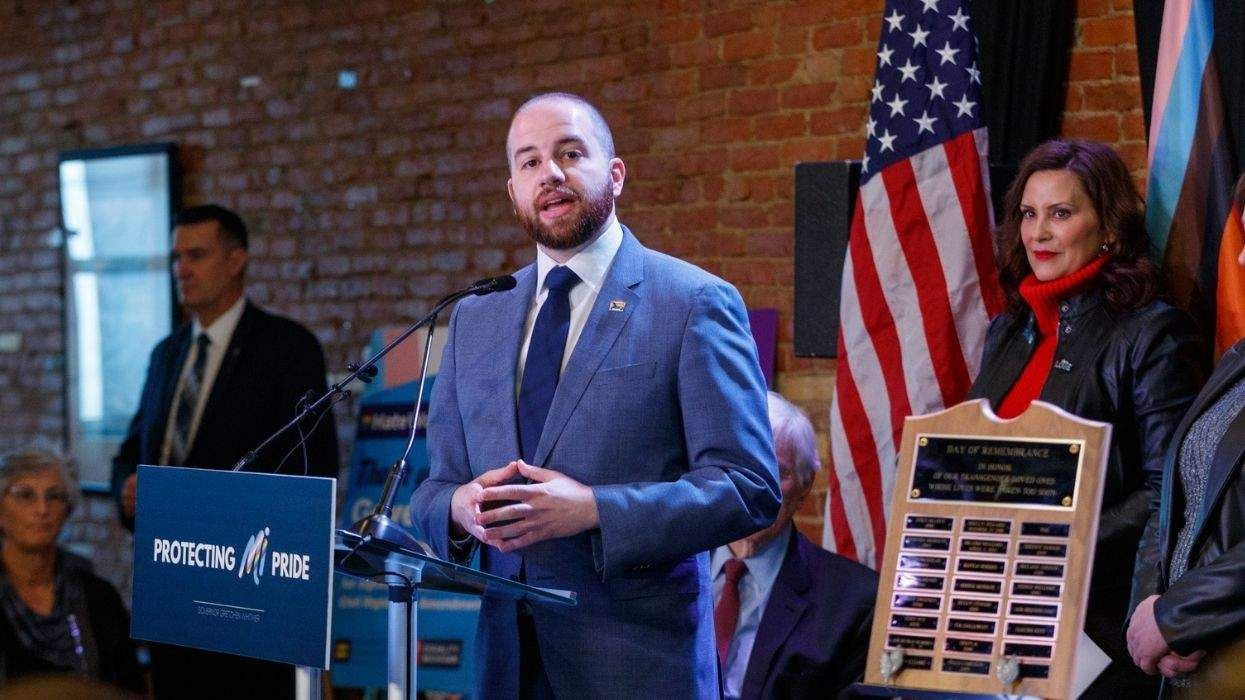







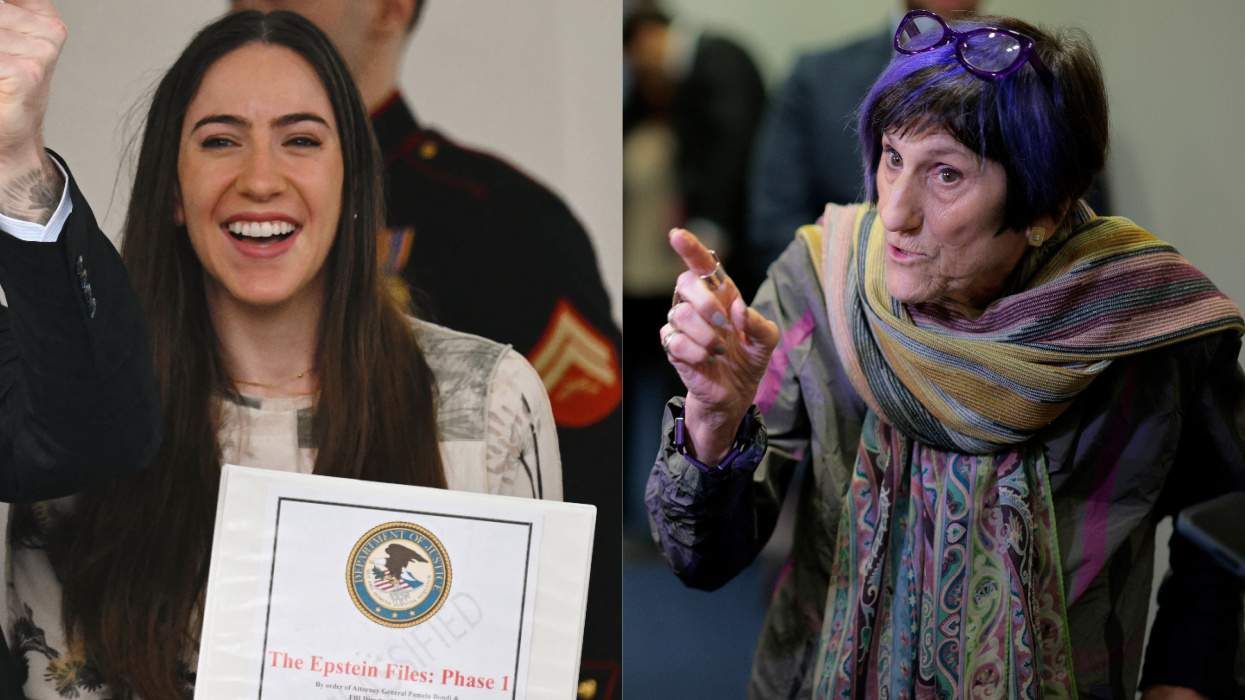

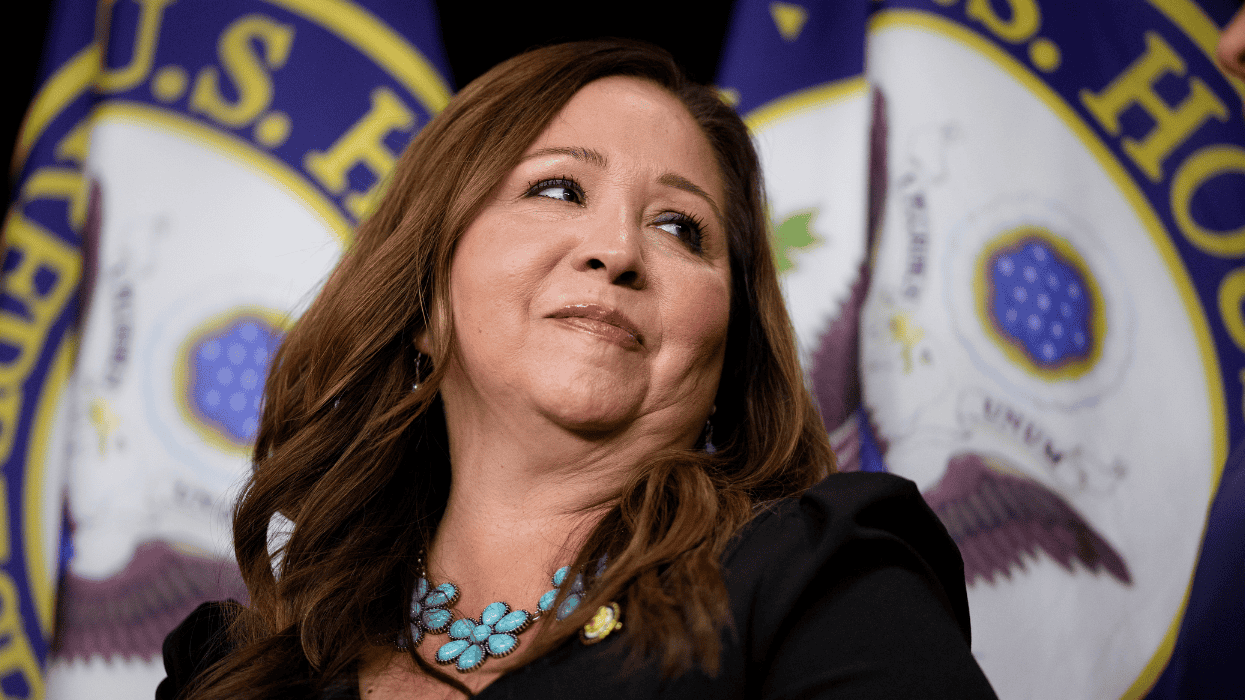



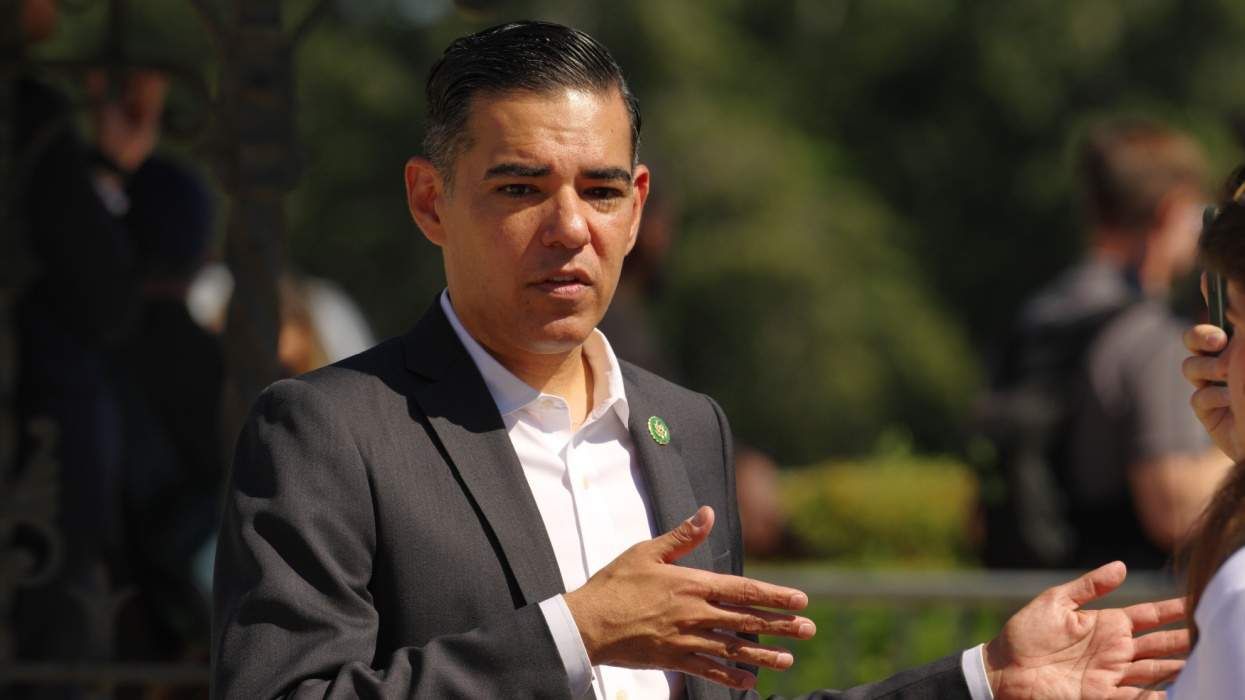

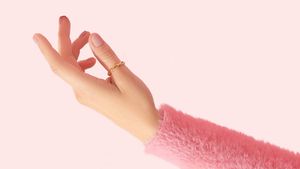






































Charlie Kirk DID say stoning gay people was the 'perfect law' — and these other heinous quotes